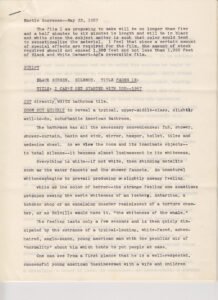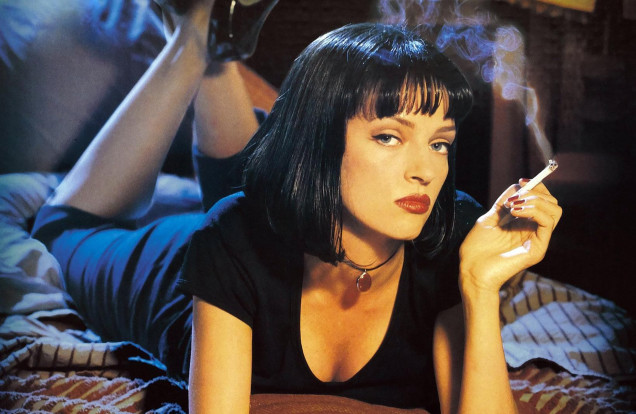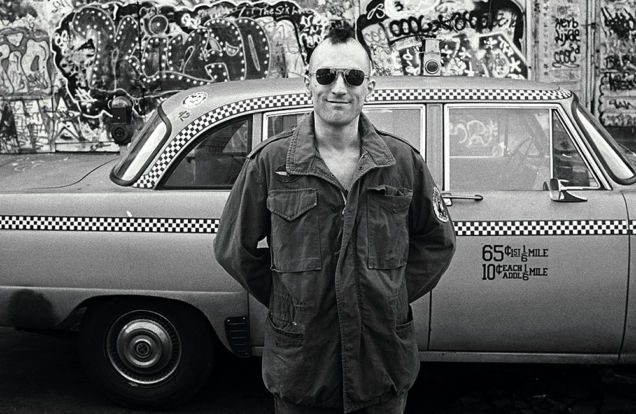THE BIG SHAVE
Scorsese Short Film Prequel to Taxi Driver

The Big Shave, Martin Scorsese’s 1967 student short film, is a terrifying look at psychosis. The subject shaves his face until he draws blood. Think of Travis Bickle from Taxi Driver but with less moral delusion. This man is fully aware of what he’s doing and shaves the same spots until blood pours from his neck. This short serves as a metaphor for the anti-Vietnam War movement, and Peter Bernuth plays the role.
The Vietnam War is raging overseas in the 1960s, and Scorsese’s film compares the act of self-mutilation to the casualties on all sides. It’s also a topic the director returned to just a few years later in 1976.

Scorsese’s Taxi Driver follows Vietnam vet Travis Bickle as a lonely, depressed taxi driver back in New York City. It is a disturbing picture of an alienated life as he struggles to find purpose. He sleeps with a prostitute, hangs around porn theaters, and tries to engage and save a political volunteer despite her unwillingness to enter his dark and depressing world. Bickle is a mental health statement, peeling back the exterior life of semi-normalcy to show the psychotic inner world of deluded veterans returning shell shocked to a society apathetic to their plights.
Pages 1 and 2 of Martin Scorsese’s The Big Shave
He gets off on the wrong foot with the political volunteer (Cybil Shepherd) by taking her to a porn theater on their first date. As Bickle deteriorates, he further loses himself as he uses a gun to disrupt a political rally. He also develops a hero complex and tries to save a prostitute by killing the gangsters that hold her. Both young men, the protagonist in The Big Shave and Bickle in Taxi Driver, are victims of the Vietnam war, tormented by definitions of masculinity. Scorsese uses the act of shaving as a symbolic rite of passage into manhood. Bickle, as a man, also experiences the horrors of war. Bickle descends into insanity as he plots to assassinate the politician for whom his friend works and the pimp who farms out the young hooker. Travis kills himself in the end and points a bloody finger to his forehead in a final anti-heroic gesture to show acceptance of his fate. The Big Shave and Taxi Driver both use symbolism to reflect this pain. PROVOKR loves The Big Shave and Taxi Driver and hopes you enjoy them, too.




